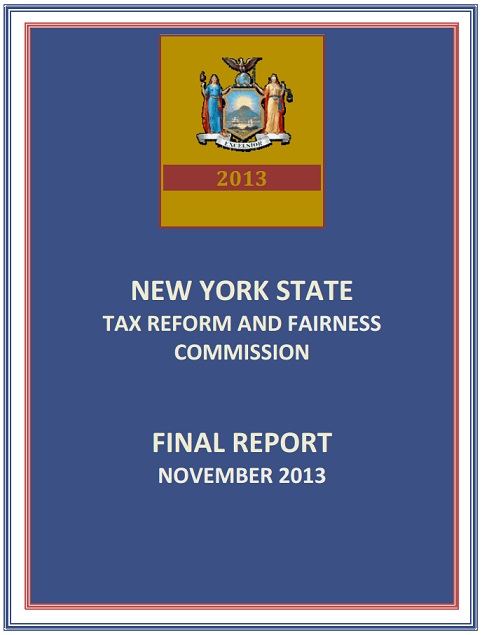
With the State election season already on the horizon, transit riders should be wary of the upcoming budget session. Very wary.
Governor Cuomo has put tax reform on the 2014 budget agenda, and now, the proposals are coming in fast and furiously. With downstate transit systems funded by a panoply of taxes, both large and small, the threat to these funding sources, from both Republicans and Democrats, is very real.
Last week, Governor Cuomo’s Tax Reform and Fairness Commission released a report that attempts to provide revenue neutral policy options for legislators to consider. However, soon on its heels came a proposal from state Republicans that didn’t share in the revenue-neutrality ethos, and one that was quick to call for a further erosion of the payroll mobility tax, which provides $1.2 billion in crucial funding revenues for the MTA. Now, this week, a second tax commission report, headed by former Governor George Pataki, is expected to release its findings. Governor Pataki’s charge from Governor Cuomo is to find between $2 and $3 billion to cut from taxpayer’s bills.
While it is unclear at the moment how transit funding will be impacted, the general approach of the Tax Reform and Fairness Commission is promising. According to the introduction from the report, the goal was to improve the tax system by “increasing its simplicity, fairness, economic competitiveness and affordability.” Proposed changes include:
- A revamp of the sales tax (with possible additions to revenue ranging from $35m to $817m, offset by proposed tax relief mechanisms)
- Merging the motor fuel tax and Petroleum Business Tax (which is anticipated to bring in $47m less in revenue)
- Eliminating the gas cap at $2/gallon (which is anticipated to bring in $371m more in revenues)
The report also specifically clarifies that yet unexplained proposed changes to the MTA business tax surcharge “would be imposed at a rate sufficient to maintain its current revenue stream.” One of the more positive suggestions in the report includes simplifying the way the MTA Mobility Tax is collected, allowing those who are self-employed to pay the tax on their personal income tax returns, and allowing businesses to pay for their MTA taxes on their main corporate tax returns. Currently, about 65,000 self-employed individuals are required to file estimated and final payments directly to the MTA, due on a different date than their normal personal income tax returns, and 75,000 businesses are similarly inconvenienced. Simplifying the collection of this much-maligned tax may go a long way towards calming the vilification of this much-needed revenue stream.
It remains to be seen what a final tax reform package will mean for transit riders. In any final reform package, however, cuts made to taxes that feed transit systems must be balanced with additional revenues. Otherwise, it will be the state’s transit riders who end up paying the bill.

[…] Tax Proposals in Albany Set to Affect MTA Funding Streams (MTR) […]